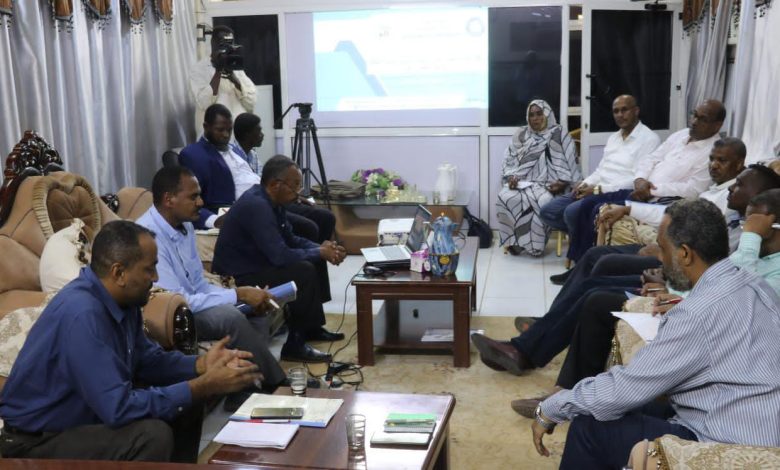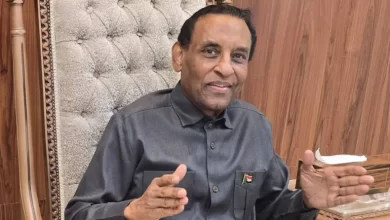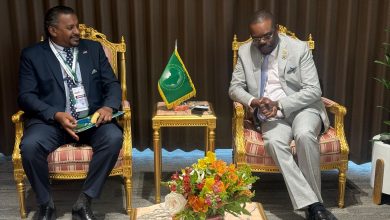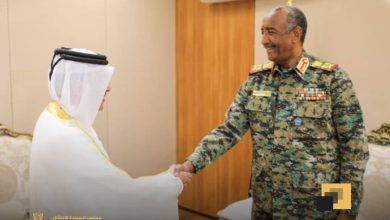Federal Minister of Health: Grants and donations are insufficient to cover the drug shortage

Khartoum – Sudan Events
The Acting Federal Minister of Health, Dr. Haitham Muhammad Ibrahim stressed coordination between the two national health insurance and supplies funds to restore unified purchasing between them in the sense that grants and donations are not sufficient to fill the shortage in the pharmaceutical services.
He called for holding a joint workshop to maximize resources, evaluate supply, and discuss future visions for service stability.
Ibrahim, upon his presidency today in the city of Wad Medani, directed the coordination meeting to enhance health insurance services, activating joint work between the departments of the two funds to manage resources and ensure the flow of medical supply services, and the necessity of providing integrated health insurance services in hospitals in local areas and partially restoring service in specialized hospitals.
Director General of the Ministry of Health on the island, Dr. Osama Abdel Rahman, stressed the importance of the return of health insurance services to support the health system in the state and reduce the burden on the citizen, pointing out the inclusion of health insurance within the supply chain for grants and donations, calling for the activation of the joint committee between the components of the health system, and pointed out to provide free services through 25 health centers in the Greater Medani locality.
The director of the National Health Insurance Fund, Dr. Farouk Nour Al-Daim, revealed the provision of direct services during the second and third quarters of this year through 245 facilities out of a total of 354, during which the service was provided to 4.2 million subscribers, in addition to targeting more than a million displaced people who hold the national card with the service. He attributed the decline in services to the accumulation of debts and the difficulty of accessing facilities in some states as a result of the war.
He announced the expansion across 79 facilities to provide the service and improve usage indicators.
The meeting discussed health insurance efforts to modernise the service packages provided and enhance the provision of second-level services to the insured citizens through expansion in rural hospitals, focusing on providing basic health care services and distributing the service fairly, as well as the proposal for free medical supply through health insurance in light of the current economic and security situation.
The meeting secured the accreditation of health insurance facilities within the free supply chain, and worked to activate joint committees to provide medical supply services at health insurance outlets.



